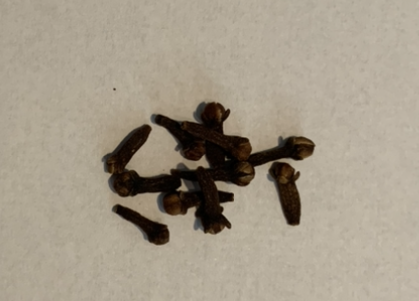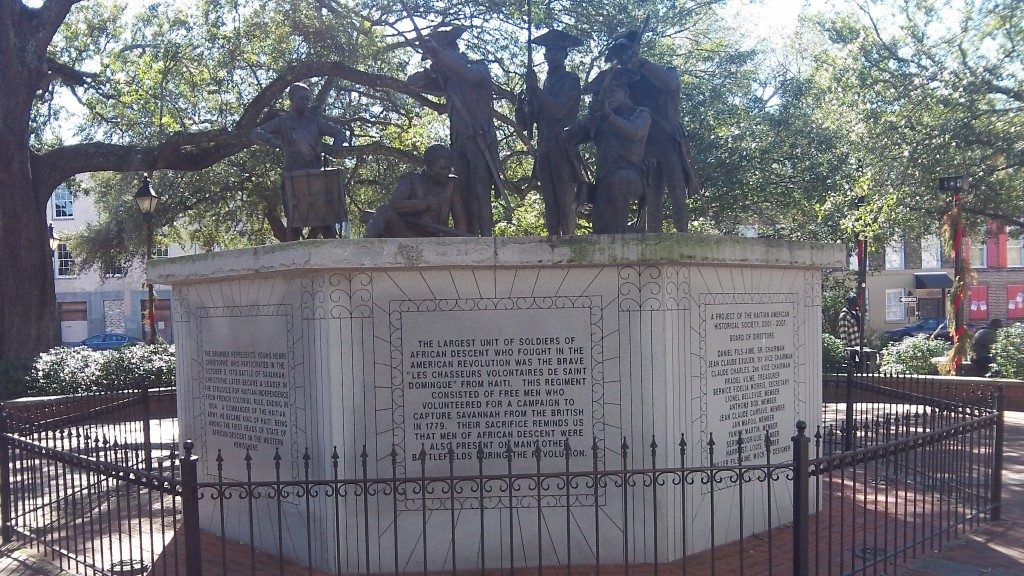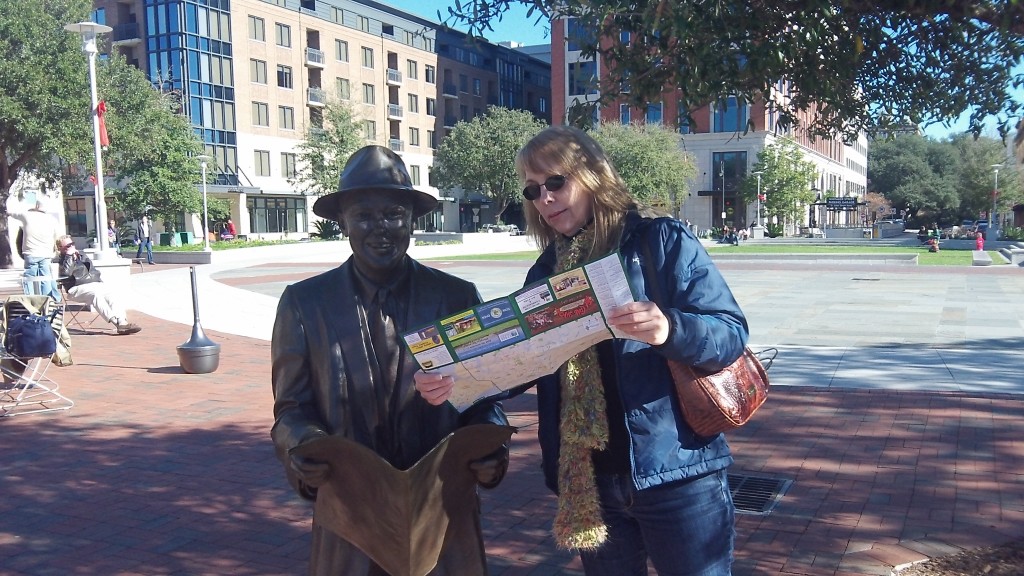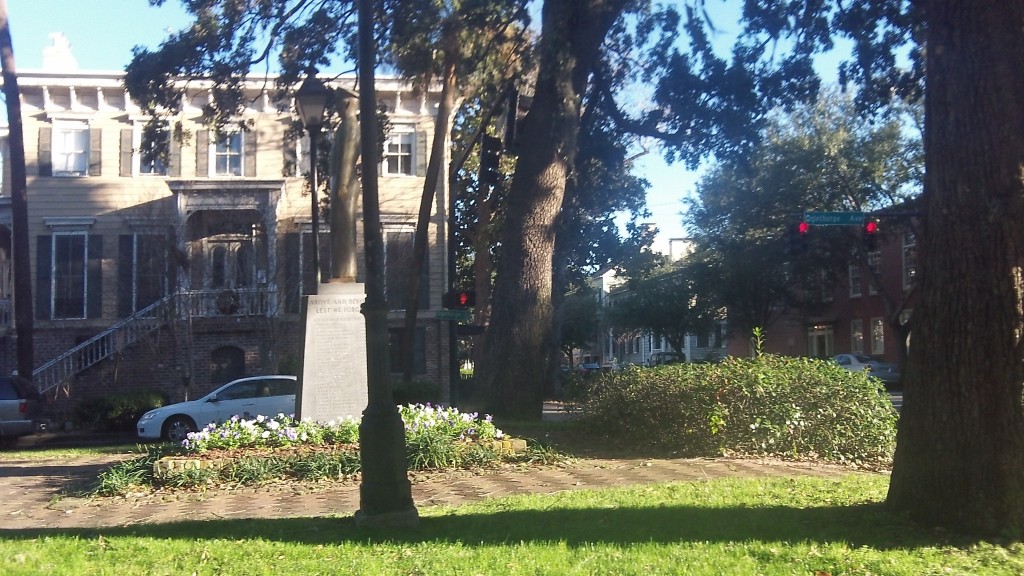This is an essay I wrote for one of my teacher ed courses – Writing Across Grade levels – Summer of 2020. I had been ruminating on spices for quite some time, so that is was the subject of my final piece. I learned a great deal from the class and completely enjoyed the form of essay. Here was my final version:
Do you know Polyphemus? I bet you do but never knew he had a name. His myth is old – ancient – and is never viewed through his eye. It is for this reason we rarely refer to him by his name. But he had one. Imagine if we told his story as he saw it. “Long, long ago, I lived on a beautiful island with my people and one day, over the waves and with the wind, strangers landed on the shores of my home. What they wanted was a mystery to everyone and at first, I welcomed them. But the strangers stole the food that fed my people as if they could just do such a thing. As if no one was here. There was a fight and the master of the ship jabbed a hot poker into my single eye, blinding me forever.”
“Who are you?” I asked.
“Nobody,” was his reply.
“In my darkness, time passed…has the world changed?”
On a tiny island grows a tree and upon the tree grows flowers – tiny, pink and crimson trumpets that herald the morning with a dense fragrance. Often, they fall from the tree, drying and stiffening into mere debris on the forest floor. Long, long ago someone, maybe a child, picked one up. Who else would put something like that, like a broken twig, a rusty nail, into their mouth? Can you imagine?
“Don’t eat that!” The mother must have reached into her child’s mouth to extricate the tiny thing. And once she pulled it out, all damp and half chewed, she smelled something. Something fragrant like the tiny pink and crimson flowers at dawn but – more. So, she picked another from the forest floor, touched it to her tongue, and the world changed.
This rusty nail thing was gathered up and over waves and with the wind brought to other shores. It only grew on these few islands, after all, and when other tongues touched it, it became wanted – a small thing to be bartered for other things. So began its travels, its name changing as it moved, and as it moved, it underwent a metamorphosis from a small, tasty thing worth a barter to something else – something no one could have imagined.
We call the islands of its birth Maluku, in what today we call Indonesia. There its name is Cengkeh and maybe first it went to what we call Vietnam? Its name there is Dinh Huong. When it reached China, where they call it Ding Xiang. I hear the Han Emperors in the 3rd century BCE required those who spoke to them to chew it to alleviate bad breath. Many purposes were found for it in many places.
In Thailand, it’s called Gram Goo. In India, in Hindi, it’s called Lavang. It was when it came to Oman, where in Arabic it’s called Kabsh Qarunfil, that it began to move quickly, spreading easily upon what the West calls the Spice Road. It is Mikhak in Farsi in Iran and Tsiporen in Hebrew. It went south to become Karafuu in Swahili and farther west to become Garifalo in Greece, the birthplace of western culture, so we’ve been taught, where long, long ago, a god named Poseidon had a son named Polyphemus. It was he who lost his single eye when the Greek, Odysseus, landed on the far island that was his home. It was Odysseus who took all he wanted from the island, as if he could just do such a thing, and caused chaos and injury as he left.
At some point, the tiny rusty nail thing entered Spain as Clavos de Olor and Portugal as Cravinho and these two nations of the West signed the Treaty of Tordesillas in 1494, that divided up the unclaimed world between them as if they could just do such a thing. As if on the tiny islands of Maluku, no one lived with their little flower trumpets and never sang or talked or wept or loved.
My friend, Abraham, from Sierra Leon, asked me once, “Why did they think they could just come in as if no one was there?”
In accordance with the treaty, Portugal went East and Spain went West in their tall ships.
“Why did they think they could just come in as if no one was there?”
And as they were moving in their tall ships, so were the Dutch and when the tiny rusty nail thing touched the tongues of the Dutch, they called it Kruidnagel and now there were three. And the British and now four and France, five, and they cut up the world into smaller pieces as if they could just do such a thing. As if no one was there.
The world changed. No one can’t have everything.
Eventually, the Dutch and English reached Maluku, with its people and its beautiful forest rich in blossoms of pink and crimson in the morning sun. Those on Maluku, like the people of Polyphemus, wondered why they came but soon enough they knew because their islands exploded in a war between the two – a war for bloody wealth. Many on Maluku died. Many trees were uprooted to be planted elsewhere to control the flow of the rusty nail thing called by many names. What was rare and beautiful, a scented herald to the dawn made vast fortunes. But not for those born on Maluku, where the worth of a barter became want.
The world changed and what was rare and beautiful became common. What made wars and wealth and want could be picked up like so much debris scattered on the vast shelves of any grocery store. My mother put it into pies and drinks at the holidays. It is a holiday scent. It is a holiday flavor.
I danced once after the bars closed, underground and underage in San Francisco – a place as far west as West can be. The dawn was rising and in the air was a scent. It permeated every corner of Club Anonymous – Club Anon – a dance floor to lose yourself and your vast past.
“What is that?” I asked a guy who was smoking by the balcony railing.
“Clove cigarettes,” he replied. “Want one?”
“It smells like Christmas,” I said.
The clove – a tiny rusty nail thing that is now the scent of a holiday that celebrates the birth of a son of a god, whose world was brought to this land long ago over the waves and with the wind on the whim of the West – as if they could just do such a thing. As if no one was here.
c Nicole R Dickson 2020 All Rights Reserved






